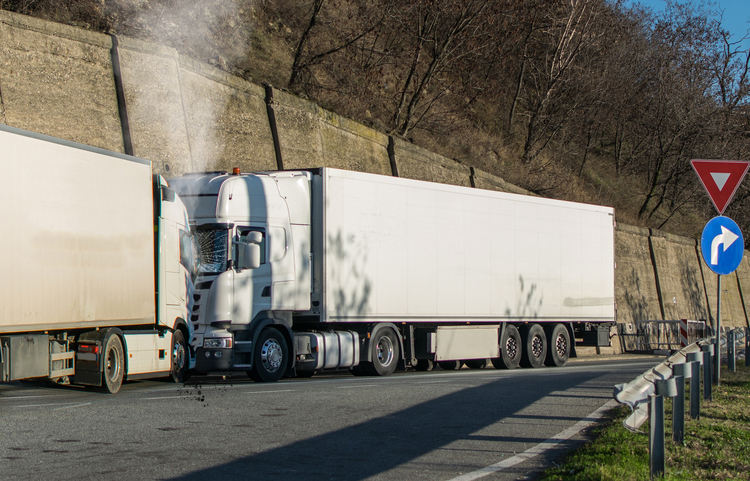Legal complaints in truck accident cases initiate the civil claims process. It is a formal legal document that outlines how the accident happened, names the responsible parties (usually both the truck driver and the trucking company), and totals the amount of damages you seek. Colorado is an at-fault state for vehicle accident claims, so if you didn’t cause the crash, you have the right to seek compensation from the negligent party or parties who did.
In a lawsuit involving a commercial vehicle, it’s crucial to have the guidance and advocacy of an experienced Denver truck accident lawyer. They can ensure that your initial complaint is correct and complete, file a lawsuit on your behalf, and negotiate full and fair compensation for your damages.
Key elements of a legal complaint in a Colorado truck accident case
The legal process of suing a negligent trucker, and often the trucking company they were driving for, begins with the formal complaint. It contains:
- Parties Involved: Identify the plaintiff (you, the victim) and each defendant (trucker, shipping carrier, sometimes the cargo loaders or a truck mechanic, etc.)
- Facts of the Accident: Description of where and when the accident occurred and a narrative of the sequence of events. Police reports, while they may not be used in court per Colorado’s hearsay laws, can provide a reliable narrative for your truck accident attorney to craft your claim
- Establishment of Negligence: The plaintiff must outline how the defendant’s negligent actions led to the crash
- Injuries and Damages: The extent of your material losses (medical expenses, property damage, etc.) and non-material damages, like pain and suffering
- Relief Requested: The total amount of compensation you seek
Next steps after you file a legal truck accident complaint
Once the complaint is filed with the county court where the accident occurred, the defendant responds, either admitting or denying the allegations. If they (or rather, their lawyer and insurance company, which will usually be responsible for paying your claim) agree that the trucker is liable for the wreck, and that the damages you seek are acceptable, then they may simply cut you a check and resolve the case.
This isn’t the most common outcome; it’s likely to occur if your damages are relatively low and the defendant’s liability is clear. For example, if the trucker was driving drunk and your damages are under six figures, the insurance company may decide to simply settle the matter.
What’s more likely is that the defendant will agree to liability but contest the amount of damages you seek. Your lawyer may negotiate a lower settlement that can still cover your losses, but save you the stress and unpredictability of a trial, so you can get your money sooner.
When the defendant rejects your legal complaint
If the defendant denies liability, then your case proceeds toward trial. Both sides enter the discovery phase, in which the attorneys gather evidence to support their respective claims and depose witnesses. Your lawyer may subpoena the trucker’s personnel records and driving history, the trucking company’s driver training program and driver’s logs, the truck’s maintenance records, and the log from the truck’s Event Data Recorder, the “black box” that records speed, direction, and torque.
You can settle your case during discovery; often, once more evidence comes to light, the defense may be more amenable to a fair settlement. However, if both sides don’t settle the case out of court, it will go to trial in civil court.
Get the right advice at the right time with an experienced truck accident lawyer from Zara Injury Law. Call us today at (866) 823-8288 for a free consultation.
